In June, water industry professionals across California sat down at their computers and turned on their video cameras to participate in ELAP’s inaugural conference. The event was held virtually from June 1st to June 3rd and featured expert presentations on the latest in environmental testing and analysis. Attendees also gained valuable insight into important developments in the industry, including ELAP’s changing accreditation regulations.
This year’s conference is a part of ELAP’s larger efforts to modernize their program requirements and transition laboratories into the new accreditation process. The Environmental Laboratory Accreditation Program or ELAP, has been around since 1989, when it was founded as part of the California Environmental Laboratory Improvement Act. ELAP’s mission is to…

